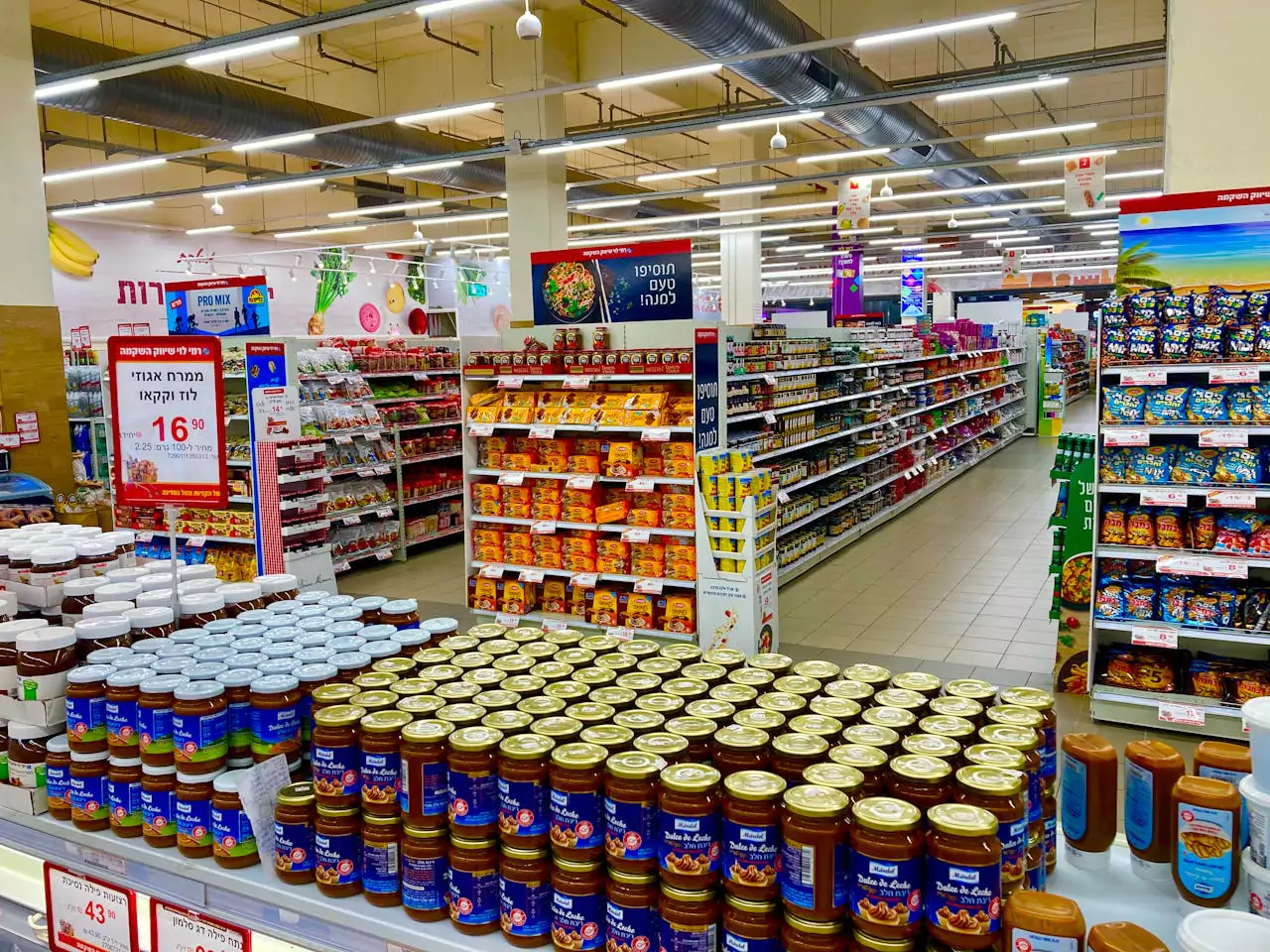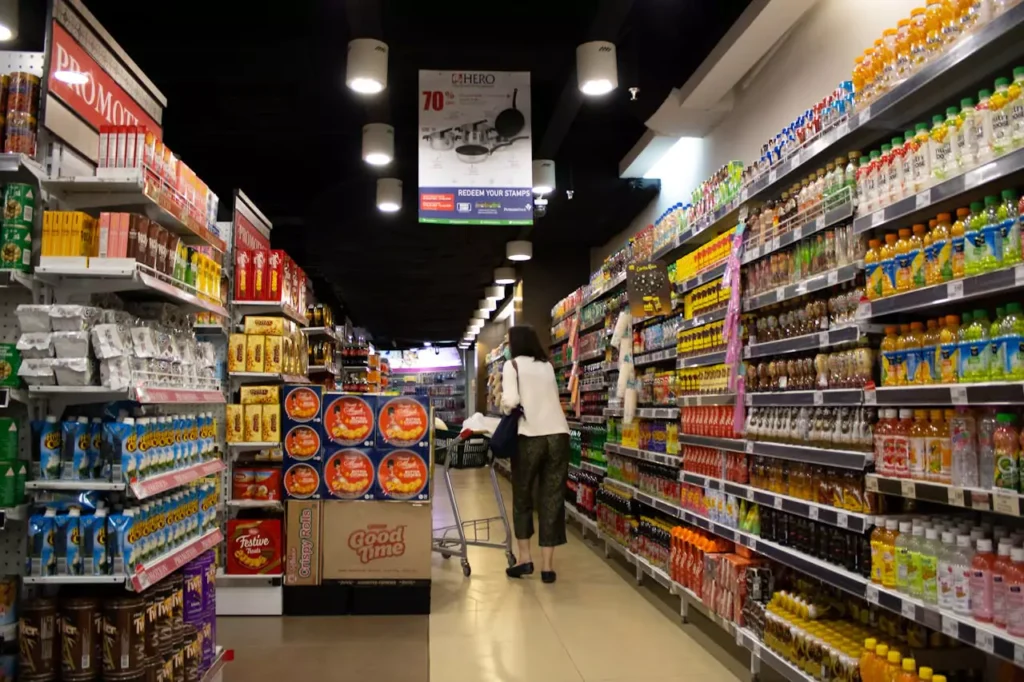
Each spring, golden-yellow rapeseed fields brighten Food Products the European countryside, a familiar and picturesque feature of the landscape. Most people recognize these vibrant fields and are familiar with the oil produced from rapeseed seeds, often used in home kitchens and commercial food production. However, few are aware that until now, a key byproduct of rapeseed processing—rapeseed cake—was banned from being used in food for human consumption across the European Union.
This changed on Tuesday, April 29, with a landmark decision by the EU, marking a significant milestone for sustainable food innovation. Food Products Thanks to a successful application by Danish company FERM FOOD ApS, fermented rapeseed cake is now authorised as a food-grade ingredient for use in a wide variety of products. This approval opens the door to a more sustainable, local, and protein-rich plant-based food source.
The Roadblock: Novel Food Regulations
Rapeseed, also known as Canola in North America, is cultivated primarily for its oil-rich seeds. Once the oil is extracted through pressing, what remains is a dense, nutrient-packed byproduct called rapeseed cake. While this cake has long been utilised in animal feed and as a component in biogas production, its potential as a human food ingredient was blocked by EU food safety laws.
Under the EU’s Novel Food Regulation, only foods that were widely consumed in the EU before May 15, 1997, can be sold without undergoing strict authorisation. Any food or food ingredient without a significant history of consumption before that date is considered “novel” and must be rigorously evaluated by the European Food Safety Authority (EFSA).
This process includes submitting extensive documentation and conducting clinical trials to prove the safety and nutritional value of the product. Food Products Not only is the process costly, but it can also take several years. Although a previous application from a Finnish company succeeded in getting a specific type of processed rapeseed cake approved, its narrow specifications excluded the broader varieties used across the EU, including in Denmark.
A Breakthrough: Fermentation Unlocks Rapeseed’s Potential
FERM FOOD ApS, a Danish company specialising in fermented ingredients for the food industry, decided to challenge the status quo. The company developed a patented process for fermenting rapeseed cake using millions of lactic acid bacteria through solid-state fermentation. Food Products This method not only improves the product’s taste and digestibility but also neutralises the naturally occurring glucosinolates in rapeseed—compounds that deter pests but also impart a bitter flavour that makes raw rapeseed cake unsuitable for food.
After navigating the regulatory pathway, FERM FOOD successfully extended the approved specifications for rapeseed cake under the Novel Food regulation. Food Products With the new authorisation now in force, fermented rapeseed cake can officially be used in foods for human consumption throughout the EU.
Why Rapeseed Cake Matters
The benefits of incorporating fermented rapeseed cake into food products are multifold. It contains 28–30% protein, making it an excellent source of plant-based protein for food producers seeking alternatives to soy, peas, or imported ingredients. Moreover, rapeseed is already widely cultivated in the EU, meaning that fermented rapeseed cake offers a more local and sustainable protein source that can help reduce dependence on global supply chains.

According to Emil Dalsgaard Hansen, Director of the Danish Industry Association for Grain and Feed (DAKOFO), this approval is a major victory for EU agriculture:
“We are world champions in producing rapeseed in the EU. The extension of the existing approval is a huge advantage for rapeseed production and for boosting EU-grown plant proteins in food. We also owe thanks to the Danish Food Administration’s Novel Food team, who offered vital support throughout the process.”
Functional and Clean-Label Benefits
One of the standout features of fermented rapeseed cake is its preservative properties. During fermentation, beneficial microbial compounds develop that naturally extend the shelf life of food products—particularly baked goods—without the need for artificial additives.Food Products This aligns perfectly with the growing consumer demand for clean-label products that are free from synthetic preservatives and unnecessary ingredients.
Jens Legarth, founder and CEO of FERM FOOD, sees this as a turning point in food innovation:
“Clean-label foods are a high priority among today’s consumers. Fermented rapeseed cake offers a solution that replaces both functional additives and chemical preservatives, allowing for more natural food production.”
Real-World Application: Bread and Beyond
The food industry has already begun embracing this innovative ingredient. At Vadehavsbageriet, a bakery in Southern Denmark, owner Jytte Kruse is using fermented rapeseed cake to enhance the nutritional profile and shelf life of her bread products. Food Products These breads, which boast higher protein content and improved amino acid profiles, are sold via the online grocery platform nemlig.com, through the food service distributor Dansk Cater, and are soon to be introduced in public canteens across South Denmark.
Kruse praises the ingredient for its versatility and health benefits:
“With fermented rapeseed cake, we can boost protein levels naturally and improve the shelf life of our bread without additives. We are currently developing even more products using this fantastic raw material.”
Looking Ahead: A Protein Revolution in 2025
The approval is expected to drive rapid innovation across the food sector. According to Søren Lange, Head of Development at FERM FOOD, numerous companies had been waiting for the green light to begin incorporating fermented rapeseed cake into their product lines
“2025 will be a breakthrough year. Now that EU authorisation is in place, development of new, clean-label and protein-rich food products is accelerating. We’re confident that consumers across Europe will see many more food items featuring fermented rapeseed cake by the end of the year.”
A Win for Sustainability and Innovation
The new approval of fermented rapeseed cake as a food-grade ingredient marks a pivotal moment in the transition toward sustainable, locally sourced plant-based proteins. With the ability to replace both imported protein sources and synthetic food additives, fermented rapeseed cake may soon become a staple in European diets. Food Products The journey from a discarded byproduct to a valuable nutritional asset is a testament to the power of food science, regulatory persistence, and the growing emphasis on climate-conscious food production.
As more producers begin to explore the uses of fermented rapeseed cake in everything from plant-based meats and snacks to baked goods and ready meals, consumers may soon find this once-overlooked ingredient at the heart of a new generation of nutritious and sustainable foods.




